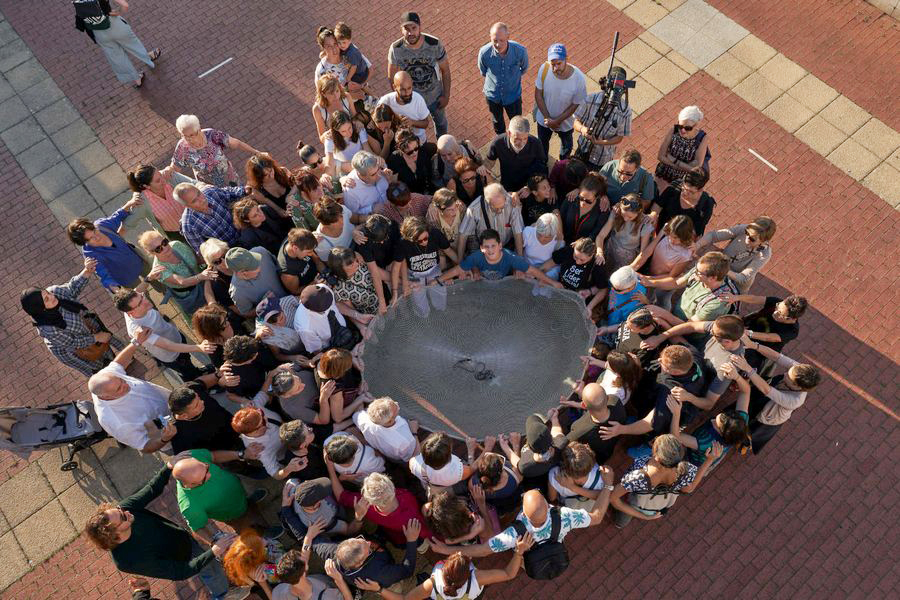Prefiguration, Complicity and Afterlife in Contextual Practices: A Conversation on What Happens When Art Encounters Reality
DOI:
https://doi.org/10.1344/regac2024.10.46833Keywords:
conversation, listening, collaboration, activist imaginaries, community-based projectsAbstract
Using conversation –a collaborative practice– as a way of researching and writing about collaborative endeavours, the authors met for an oral exchange on activist imaginaries in which their research and experiences in the field of socially engaged and community-based art became triggers for interactions. The conversation starts delving into the different positionalities between activism, activist art, and curating activism, as well as the terms used in literature to describe artists involved in social or communitarian projects. Asking what leads artists to work within and with a community that is not their own, the article brings forth the idea of complicity, suggesting that perhaps the artist has to be "functional" to a community, serving their needs and feelings. Then, the authors discuss the aftermath of a situated project, its permanence in the territory, between the concepts of maintenance, afterlife, and reverberation, paying attention to the different nuances of autonomy with which a community can appropriate the artist's work. Finally, the conversation explores the materialistic dimension of contextual practices, reflecting on the imaginaries in which artworks and activist actions are planned and conceived and how reality compromises them, making them real. While considering whether there is space for the poetical in areas of high political violence and whether it always makes sense to produce art in those contexts, the conversation ends with an open question: Is art always possible? The article then closes with a posthumous moment, in which the authors, rereading the conversation, reflect on how it has reverberated in their recent practices.
Downloads
Published
Issue
Section
License
Authors who publish with this journal agree to the following terms:
- Authors retain copyright and grant the journal right of first publication with the work simultaneously licensed under a Creative Commons Attribution Licensethat allows others to share the work with an acknowledgement of the work's authorship and initial publication in this journal.
- Authors are able to enter into separate, additional contractual arrangements for the non-exclusive distribution of the journal's published version of the work (e.g., post it to an institutional repository or publish it in a book), with an acknowledgement of its initial publication in this journal.
- Authors are permitted and encouraged to post their work online (e.g., in institutional repositories or on their website) prior to and during the submission process, as it can lead to productive exchanges, as well as earlier and greater citation of published work (See The Effect of Open Access).



